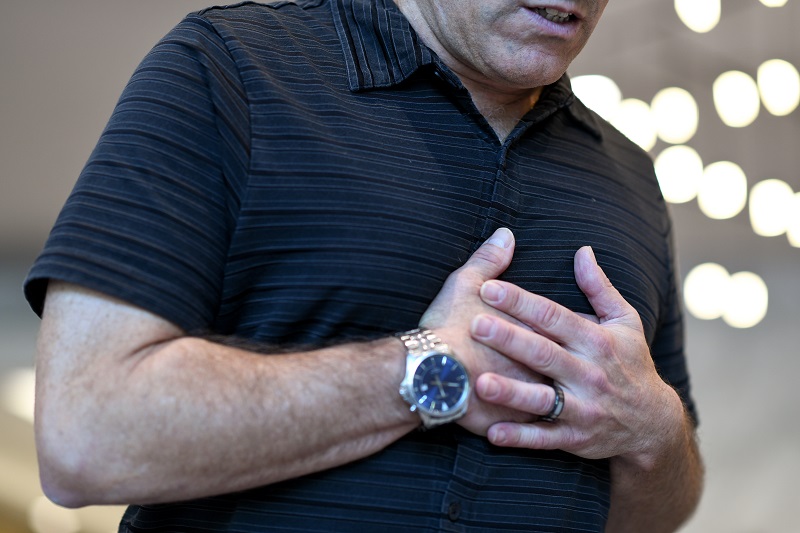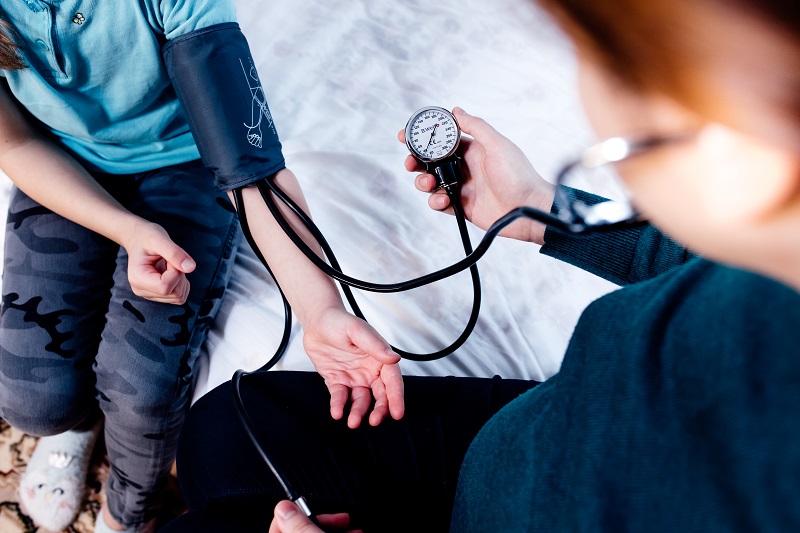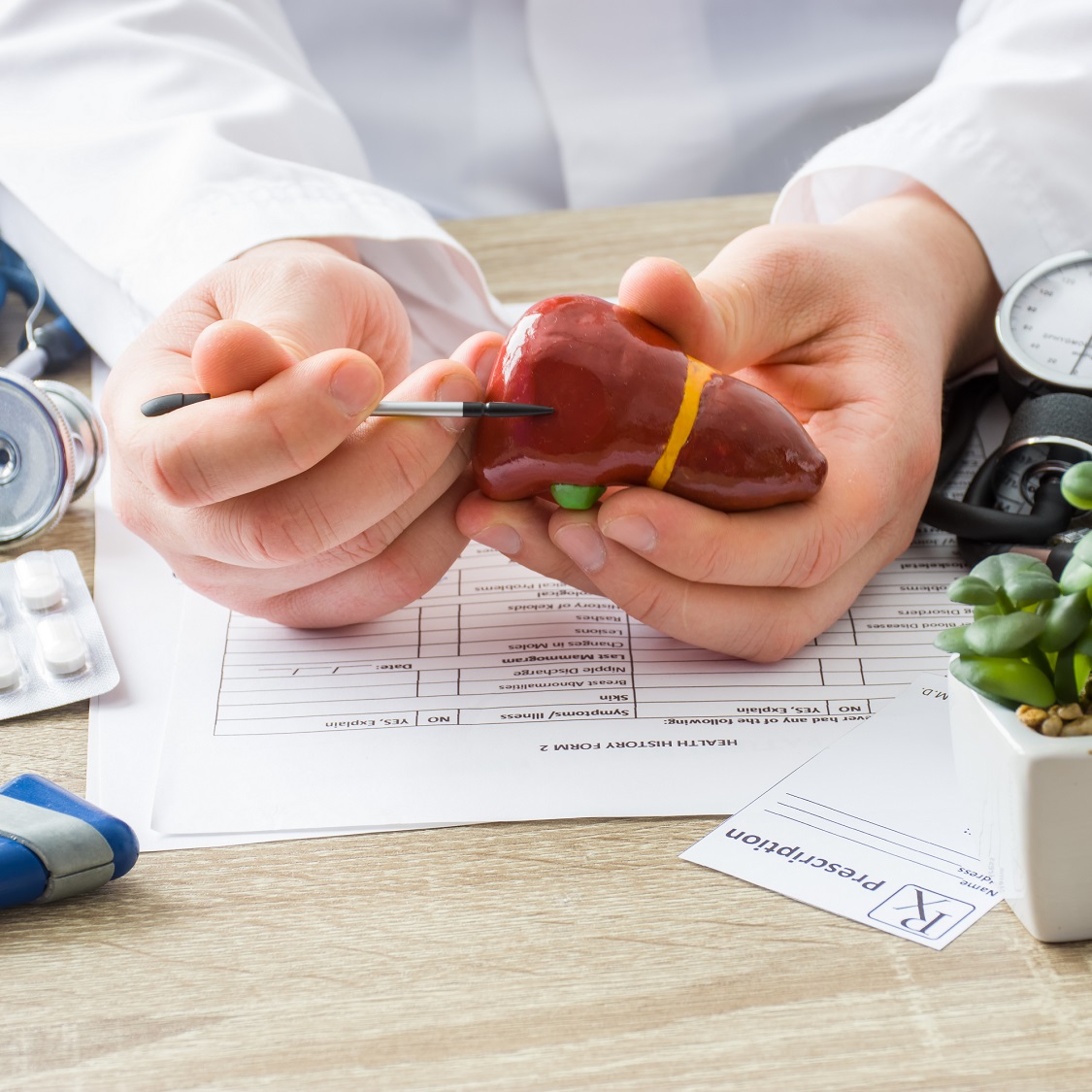

While many think heart failure means the heart stops beating, it actually means the heart is unable to pump blood and oxygen effectively throughout the body.
The disease can begin suddenly after an injury, illness or due to a medical condition that damages the heart. However, most often it develops over time and can be a very debilitating disease if not properly treated.
Cardiologist, Jesus Almendral, M.D., shares what heart failure looks like and how it can be treated.
What Heart Failure Looks Like
There are many symptoms of heart failure – here are some signs to look out for:
- Shortness of breath at rest or during an activity
- Fatigue or inability to exert energy
- Coughing or wheezing
- Swelling and weight gain from fluid buildup in the ankle, lower leg or abdomen
- Nausea or a loss of appetite
- Difficulty sleeping while on your back
- Swelling in the veins of the neck
- Needing to urinate often
If you or a loved one are experiencing any of these symptoms, you should consult your doctor immediately.
Do not hesitate to call 911 if you or a loved one is experiencing:
- Difficulty breathing
- Chest pain
- Fainting, sudden dizziness or loss of consciousness
These can be symptoms of heart attack and require immediate emergency care.
Heart Failure Treatment and Healthy Tips
The good news is that heart failure doesn’t always get worse and can even be reversed.
There are several prescription medicines that your doctor may prescribe to treat heart failure, but there are also several steps you can take to help fight the disease, including:
- Quit Smoking
- Reduce sodium (salt) intake
- Increase physical activity (especially aerobic exercise)
- Find ways to manage your stress
- Lose weight
Throughout your treatment, make sure to keep your doctor informed of your progress and how you are feeling. Together you can develop a plan to ensure you have the best protocol in place to fight heart disease.
Next Steps & Resources:
- Meet our source: Jesus Almendral, M.D.
- To make an appointment with a health care provider near you, call 800-822-8905 or visit our website.
Find a doctor near me

Can Children Have High Blood Pressure?

What Is Broken Heart Syndrome?

Non-Alcohol Related Liver Disease Ups Heart Disease Risk
